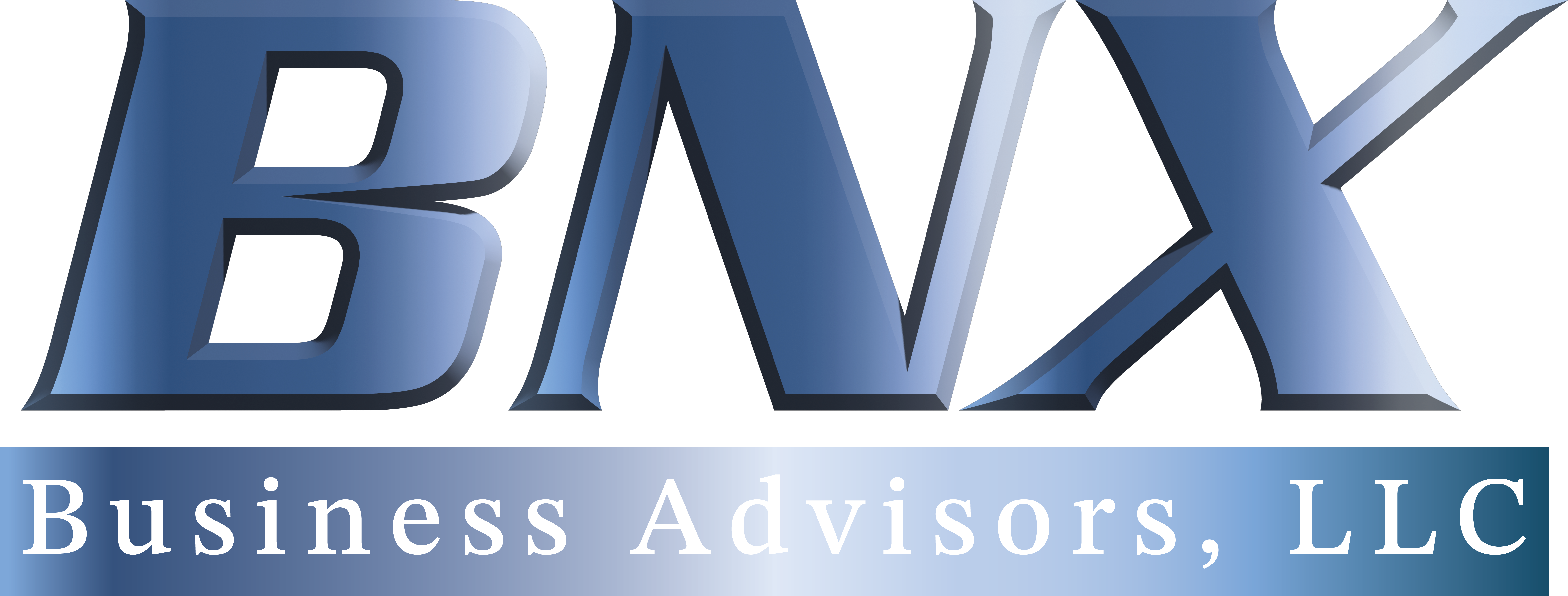
HR strategies for small business are not just “nice to have” — they are mission-critical tools that impact your company’s ability to scale, stay compliant, and retain great employees.
At BNX Business Advisors, we’ve worked with fast-growing companies who learned this the hard way — often after a costly turnover, a compliance fine, or a failed hire. In this blog, we’ll walk you through five foundational HR moves that small business owners must master to stay competitive, profitable, and sane.

Table of Contents
1. Develop and Maintain an Employee Handbook
Your employee handbook is more than just a formality — it’s your organization’s contract of expectations, protections, and values. Without it, you’re vulnerable to inconsistent practices, legal missteps, and employee confusion.
An effective handbook should clearly define:
- Workplace expectations and code of conduct
- Leave policies (PTO, sick, family, bereavement)
- Anti-discrimination and harassment protocols
- Complaint and grievance procedures
- Remote work or hybrid policies
Why it matters: A well-written handbook protects your business legally, fosters transparency, and ensures uniform treatment for all employees. It also gives employees confidence that their work environment is structured and fair.
How BNX helps: BNX develops custom employee handbooks that align with state-specific laws, industry standards, and your unique culture.
2. Fix Your Onboarding Process — Fast
Most small business owners underestimate the long-term impact of poor onboarding. When new hires don’t feel welcomed, trained, or supported, they disengage early — often within the first 90 days.
Effective onboarding includes:
- A structured 30-60-90 day plan
- Compliance paperwork and clear job expectations
- Connection with company values and mission
- Access to tools, technology, and team members
Why it matters: Poor onboarding contributes to 20% of employee turnover within the first 45 days, and can cost thousands in re-hiring and lost productivity.
How BNX helps: BNX designs scalable onboarding frameworks that don’t overwhelm your small team but still create a polished, professional experience for every new employee.
3. Audit Your Compliance Before the DOL Does
Small businesses often think HR compliance is only for large corporations — until they’re hit with a fine. From I-9 documentation and wage laws to job classifications and accommodations, small businesses are just as accountable.
Top risks include:
- Misclassifying employees as contractors
- Inconsistent time tracking or unpaid overtime
- Missing labor law posters or outdated policies
- Non-compliance with ADA, FMLA, or EEOC laws
Why it matters: Non-compliance penalties can range from $1,000 to $30,000+ depending on the issue, not to mention the legal stress and reputational harm.
How BNX helps: BNX conducts HR audits tailored to your size and structure, identifying compliance gaps before they become liabilities. We also support policy updates and team training to prevent repeat issues.
4. Create Role Clarity with Accurate Job Descriptions
As your business grows, roles shift. But when job descriptions aren’t updated or clearly defined, confusion follows — along with missed goals, team friction, and poor performance reviews.
A good job description should cover:
- Key responsibilities and deliverables
- Required skills, credentials, and experience
- Reporting relationships and metrics for success
- Physical or scheduling requirements
Why it matters: Role clarity reduces micromanagement, increases accountability, and helps in hiring, performance management, and career development.
How BNX helps: BNX offers role-mapping sessions and job description drafting services to align your team’s work with your business goals.
5. Know When to Outsource HR vs. Hire In-House
Many small business owners wear the HR hat themselves until it becomes overwhelming. But hiring a full-time HR manager isn’t always the best first move — especially when cost and scalability are factors.
Outsourcing may be a better fit if:
- Your business has fewer than 50 employees
- You need compliance, training, or hiring help, but not daily support
- You want access to senior-level HR advice without the payroll cost
Why it matters: Smart outsourcing can save over 30% in labor costs while delivering higher-quality HR strategy and support.
How BNX helps: BNX’s HR Essentials Retainer and HR Infrastructure Package give small businesses flexible, high-impact solutions — from policy creation to performance management — without hiring internally.
Conclusion: Don’t Let HR Be the Bottleneck
At BNX Business Advisors, we believe small businesses deserve big-league HR support. These five moves — from building handbooks to auditing compliance — don’t require a large team or complex tech. They require intention, clarity, and a trusted partner who understands both people and business.
Let BNX be your partner in building systems that protect your business, empower your team, and make room for growth.
FAQs
Q1: When is the right time for a small business to get HR help?
A: If you’re hiring, managing people, or crossing state lines, now is the time. Early HR help prevents costly mistakes later.
Q2: What’s the difference between a PEO and BNX’s services?
A: A PEO becomes your co-employer and handles payroll/benefits. BNX gives you custom HR guidance and tools without changing your business structure.
Q3: Do you only work with companies in certain states?
A: No. BNX works nationwide, and we tailor all HR solutions to state-specific labor laws and business needs.
Q4: How can I get started with BNX’s services?
A: Visit bnxba.com to schedule free consultation.
